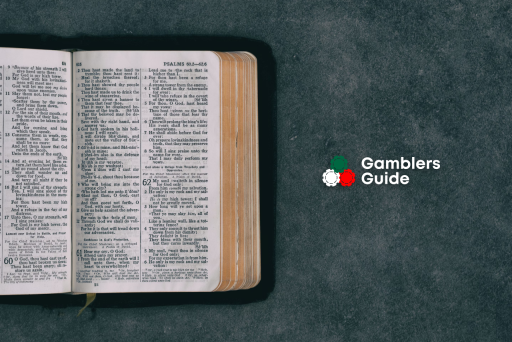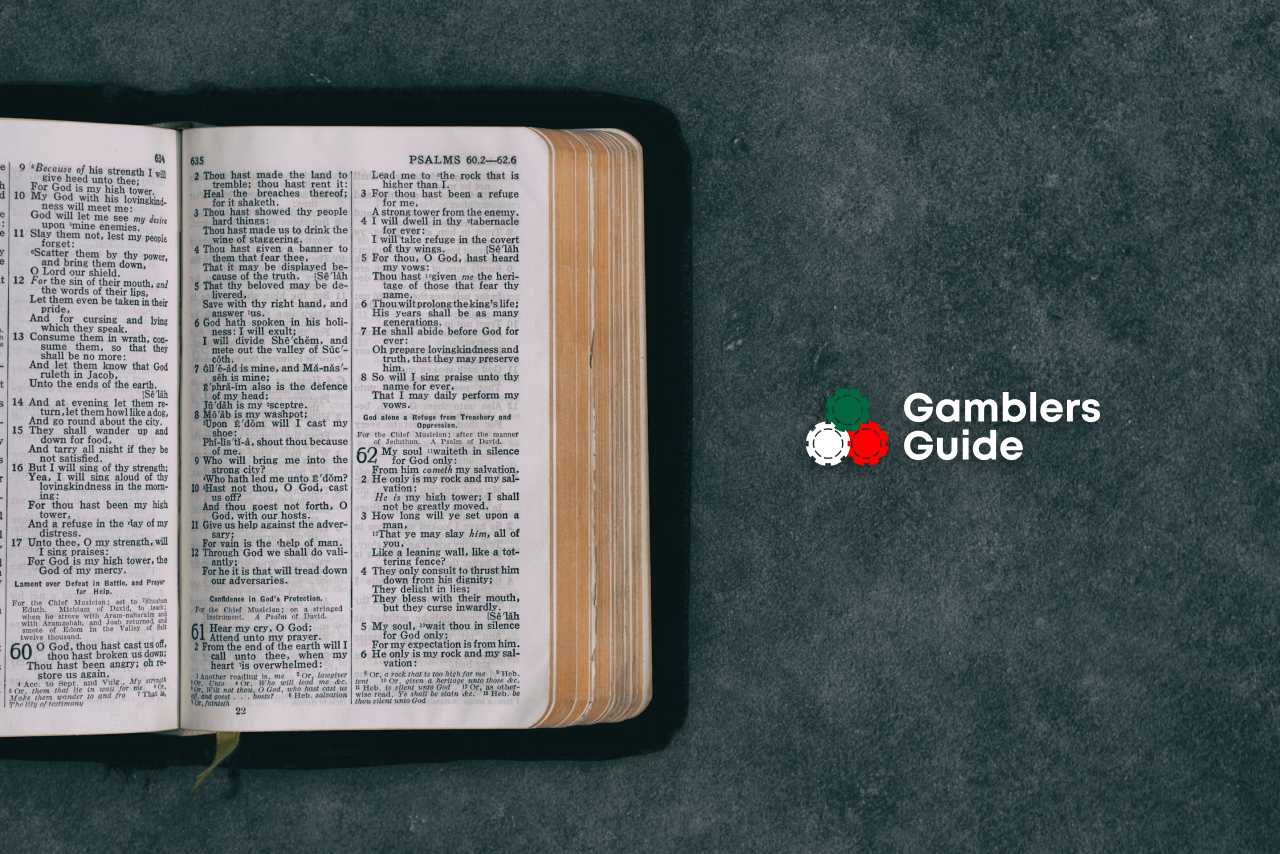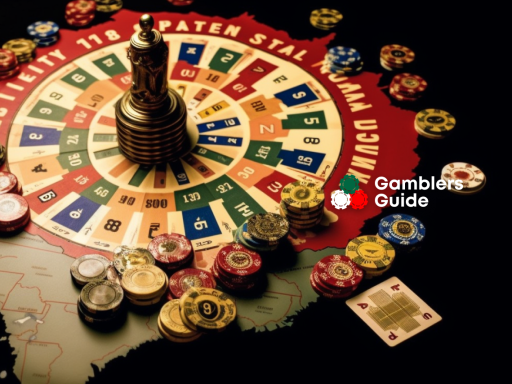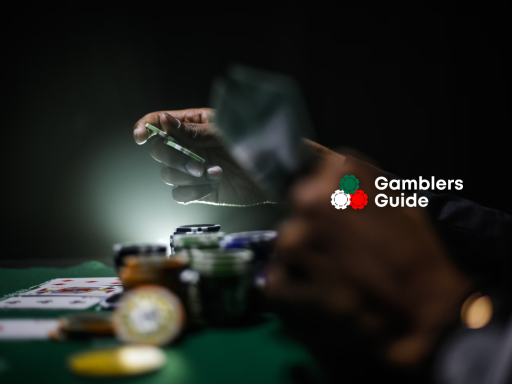When the Bible was written, modern forms of gambling did not exist. However, humanity has always had a tendency towards reckless behavior, and some biblical verses are boldly interpreted by preachers and priests as related to the prohibition of gambling and deriving pleasure from it. But why does the discussion persist? Is it not all straightforward?
What biblical principles relate to the topic of gambling?
Christians are guided by the belief that greed and the desire for quick gain are sins, just like the desire for endless wealth (See 1 Timothy 6:10). An excessive desire for enrichment is considered unhealthy behavior, so if one uses games to gain more and more, it truly becomes a sinful activity. Yet, critics of this principle rightly point out: does not the desire to achieve a better standard of living, to progress in one’s career, the desire to do more to earn more contradict this very statement? If everyone were simply satisfied with what they have, the motivation to change the world, develop, grow professionally, and invent new businesses would disappear.
Do not be tempted
In the verse 1 Corinthians 10:13, the Bible advises avoiding temptation. The desire to play one or another gambling game can be interpreted as temptation, and therefore, the game itself can be considered sinful. Yet, we live surrounded by temptations from all sides. It’s tasty food, beautiful things you want to buy, and many other things. It is impossible to avoid all temptations. And when it comes to the temptation of gambling, we are already talking about addiction. An ordinary person can easily play or not play and not feel uncomfortable if they do not visit a casino. Meanwhile, a person with a gambling addiction can no longer resist this temptation. Their reactions, behavior, and even hormonal background change. Doctors emphasize that this is a real disease that requires treatment, just like any other addiction. Such a passionate desire to play is likely to be considered sinful behavior by the church of any denomination.
“And they cast lots in the Bible — can’t that be considered a form of gambling?”
Drawing lots in the Bible cannot be equated to gambling based on the fact that it was an ancient way of seeking God’s will or leaving things to chance in matters of choice or distribution of something. References to casting lots are indeed found in several places in the Bible.
- Proverbs 16:33: “The lot is cast into the lap, but its every decision is from the Lord.”
- Acts 1:26: “And they cast lots for them, and the lot fell on Matthias, and he was numbered with the eleven apostles.”
It is not about playing with the intent of gaining wealth but rather about seeking God’s will where a person cannot determine the choice themselves.
Why is gambling considered a sin from a Christian perspective?
Unlike casting lots, gambling can be considered sinful when it:
- Leads to excessive alcohol consumption, reckless spending of money, addiction, and other negative consequences for individuals and society.
- Harms families and loved ones when a compulsive gambler resorts to deception, theft, and relying on gambling as an easy way to make money without excessive effort.
- Prevents individuals from taking care of their responsibilities and undermines moral principles.
Even in the case of casting lots, the Bible strongly condemns it. Let’s recall the moment when soldiers cast lots for Jesus’ belongings (Psalms 22:18).
What do you do when there is no direct guidance?
Believers and priests advise asking oneself in every situation how to act more wisely. When it comes to a card game within the family circle, where everyone spends time together and does not risk money recklessly, it is not considered sinful. However, a person’s desire to play against their professional, family, and other responsibilities and neglect basic moral principles is indeed sinful. “No one can serve two masters,” says Jesus in Matthew 6:24. If it involves addiction, a desire for money, and other negative consequences of gambling, it contradicts biblical principles.
It is straightforward to check this with simple questions:
- Have you ever borrowed money to pay for gambling?
- Have you chosen gambling over spending time with family or friends?
- Do you try to solve financial issues quickly through gambling?
- Do you notice that other areas of your life suffer due to your passion for gambling?
- Do you have intrusive thoughts about when and where it would be better to gamble?
- Do you try to hide your love for gambling from others and deep down understand that you are doing something wrong?
Give honest answers to these questions for yourself. You will understand whether what you are doing is a sin or not. Remember the main question: “How wiser is it to act now in this situation?”
This will be your key guide.
Concluding reflections
So, there is no clear answer to this question in the Bible, and society tends to interpret any biblical explanations very differently. A vivid illustration of how this happens was played out in one of The Simpsons episodes, where the Springfield church suffers significant damage, and the community decides to raise funds for repairs by playing blackjack. Apu teaches local residents how to count cards, and the whole team sets out to earn money for the church through gambling.
Despite the series’ conclusion about the impracticality of such fundraising, the plot implies that everything can be either a sin or not, depending on the purpose of the action. Thus, the meaning lies not in the game itself but in what a person puts into it. Nevertheless, this series emphasized that the problem is not in the game itself but in the accompanying issues it causes. For Marge, it was a lie about the performance they supposedly prepared for the charity fundraiser.
Therefore, the impracticality of raising funds in this way was justified precisely by the fact that it was done dishonestly, enveloped in lies and concealment, thus having such a negative impact on the main characters. Returning to the Bible, the same can be said. The text does not provide a direct indication of whether gambling is allowed or not, but it presents universal principles that everyone should follow. And when the game crosses these principles, it is better to refrain from it, keeping a clear conscience. Meanwhile, sporting interest or enjoyable pastime without harm to oneself, family, friends, and others is not considered sinful and prohibited.
Conclusion? When in doubt, use critical thinking and universal principles — you will never go wrong.






